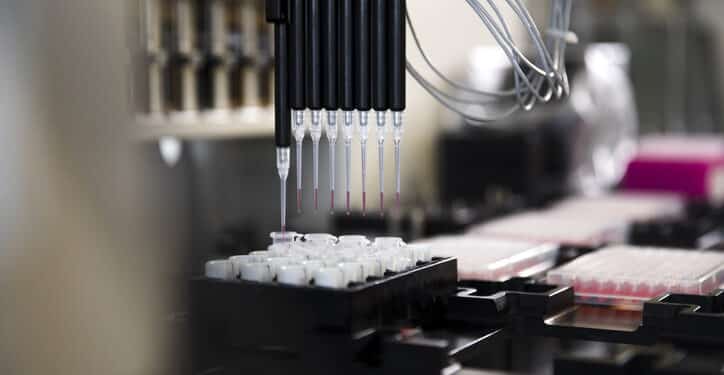On May 21, the U.S. Attorney for the Eastern District of Tennessee announced that Agendia, Inc., a global molecular diagnostics company that offers genomic testing designed to profile certain types of breast cancer, agreed to pay the government at least $3,250,000 to settle allegations that it violated the False Claims Act (FCA).
The settlement stems from two separate qui tam lawsuits filed by whistleblowers, Dr. Raymond Brig and Lance Albertson. The whistleblowers are set to receive $296,725 of the proceeds from the settlement and may eventually receive as much as $921,725.
The allegations centered around Agendia’s billing of Medicare, Medicaid, and other government payors for a lab test called MammaPrint.
According to the government, “the MammaPrint claims were false because Agendia caused physicians and providers (referring providers) to order MammaPrint testing that was not reasonable or medically necessary through standing or automatic orders” and “certain claims submitted by Agendia were deceptive because they were tainted by the payment of illegal remuneration to referring providers who ordered the tests – including extravagant dinners, excessive or improper honoraria, gift cards, and payments per referral or monthly flat rate payment arrangements.”
“The Medicare and Medicaid programs deliver coverage for vital medical and diagnostic testing to beneficiaries and recipients,” said U.S. Attorney Francis M. Hamilton III for the Eastern District of Tennessee. “False claims submitted to these programs for costly genomic testing that was not reasonable and medically necessary and inducing referrals through improper payments made to referring providers are not victimless offenses. The settlement in this case demonstrates that the United States Attorney’s Office and federal, state, and local law enforcement partners, are using all tools available to redress fraud and abuse and preserve scarce financial resources for legitimate and necessary medical care.”
The False Claims Act’s qui tam provisions enable private citizens and private parties to file lawsuits on behalf of the government if they know of an individual or company defrauding the government. Qui tam whistleblowers are eligible to receive between 15 and 30% of the government’s recovery.
During FY 2024, settlements and judgments under the False Claims Act exceeded $2.9 billion and over $2.4 billion of the recoveries stemmed from qui tam whistleblower lawsuits. Furthermore, according to the government, a record 979 qui tam lawsuits were filed in FY 2024.
However, in September 2024, a district judge in Florida ruled that the False Claims Act’s qui tam provisions were unconstitutional. The U.S. federal government is urging the U.S. Court of Appeals for the Eleventh Circuit to reverse that decision, stating in a brief that “other than the district court here, every court to have addressed the constitutionality of the False Claims Act’s qui tam provisions has upheld them.”
National Whistleblower Center has issued an Action Alert allowing whistleblower supporters to write the members of Congress urging them to protect and strengthen and protect the False Claims Act.
The claims asserted in this case are allegations only, and there has been no determination of liability.
Join NWC in Taking Action:
Strengthen the False Claims Act and Protect it From Attack
Further Reading:
Whistleblowers to Receive Up to $920K after Alleging Fraud in Breast Cancer Testing


